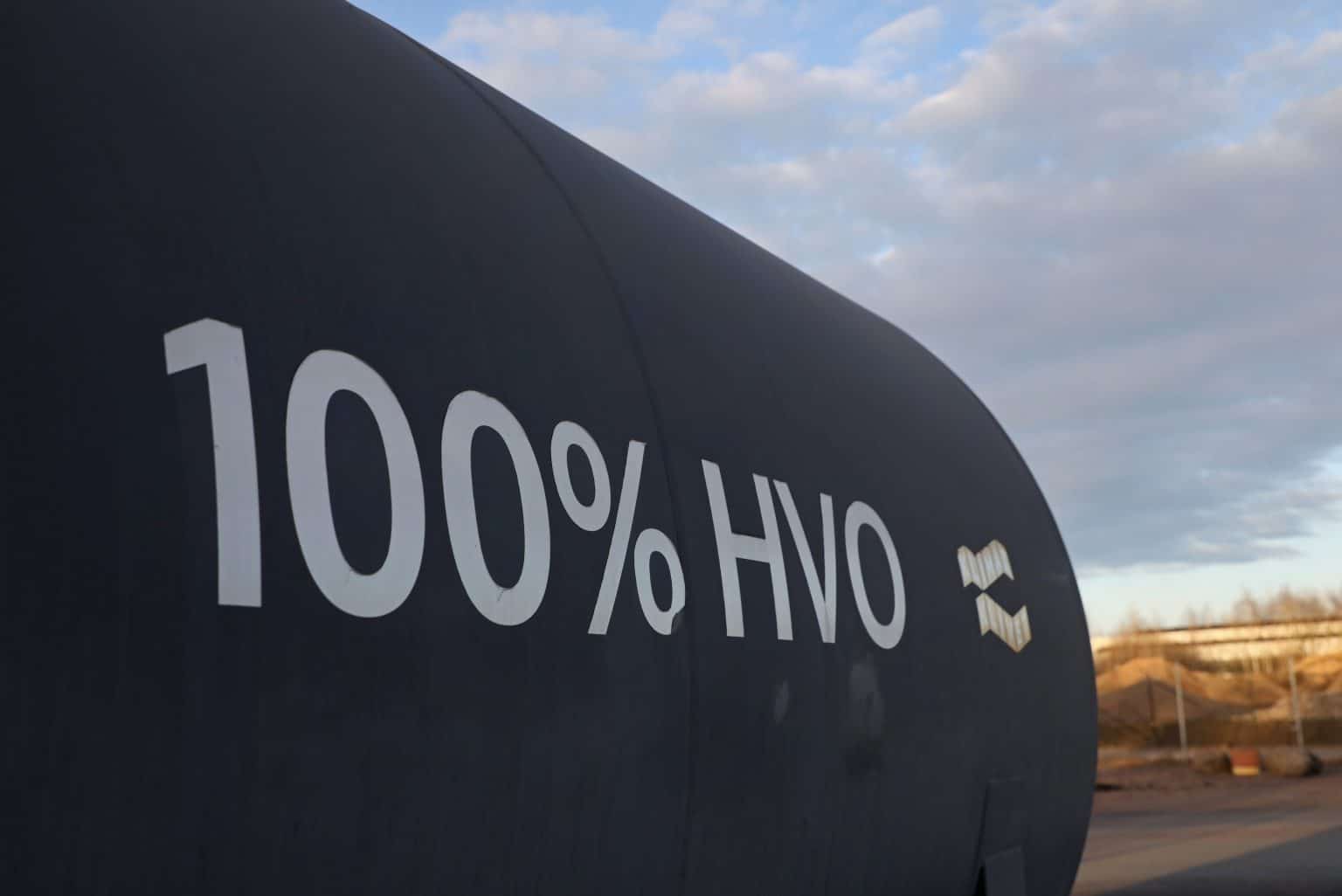As the UK races towards its ambitious net-zero target by 2050, industries are increasingly exploring alternatives to traditional fossil fuels. Among these alternatives, renewable diesel, particularly Hydrotreated Vegetable Oil (HVO), is gaining traction. With estimates from Zemo suggesting that around 4,000 heavy goods vehicles (HGVs) are now powered by renewable diesel, it’s clear that the fuel is becoming a significant player in the market. However, misconceptions about its efficacy and cost continue to persist. Niki Holt, Head of Commercial at Certas Energy, a leading provider of HVO fuel, aims to set the record straight by debunking some of the most common myths surrounding renewable diesel.
Myth #1: Electricity is the Only Path to Net Zero
The push for electrification is undeniable, with electric vehicles (EVs) and machinery being heralded as the future of a carbon-neutral world. However, Holt points out that this transition is not without its challenges. Concerns over battery range and the lack of a robust charging infrastructure have slowed the adoption of EVs, particularly in the commercial sector. Moreover, the generation of electricity and the establishment of charging networks often still rely on fossil fuels, diminishing the environmental benefits.
This is where renewable diesel, like HVO, steps in as a viable alternative. While not entirely net-zero, HVO significantly reduces emissions compared to traditional diesel, providing a practical intermediary solution for businesses aiming to lower their carbon footprint while awaiting advancements in electrification.
Myth #2: HVO and Renewable Diesel Are Not Cost-Effective
There’s a common belief that renewable diesel is prohibitively expensive compared to standard diesel. While HVO does come at a premium, the price gap is expected to narrow as the push for greenhouse gas (GHG) emissions reductions gains momentum and governments consider additional incentives for renewable fuels. Crucially, Holt highlights that transitioning to HVO incurs zero ‘switch’ costs—unlike other alternative energy options that often require significant upfront investments in new infrastructure or machinery. HVO is a ‘drop-in’ fuel, meaning it can be used in existing diesel engines without modifications, making the switch both cost-effective and straightforward.
Myth #3: Transitioning to HVO Will Disrupt My Business
Some businesses hesitate to switch to renewable fuels, fearing disruption to operations. However, Holt emphasises that proactive integration of HVO is not only feasible but also advantageous in the long term. With increasing legislative measures such as Ultra Low Emission Zones (ULEZ) and Clean Air Zones (CAZ) across the UK, the adoption of alternative fuels is no longer just a future concern but a present necessity.
Switching to HVO involves minimal disruption, as no modifications to vehicles or machinery are required. This ensures a smooth transition with no downtime, enabling businesses to maintain productivity while reducing their carbon footprint.
Myth #4: HVO Is Not Reliable
Reliability is often a sticking point for businesses considering a switch to newer technologies. However, Holt reassures that renewable diesel, particularly HVO, has proven its reliability across various sectors, including haulage, logistics, construction, and marine industries. Certas Energy, with its extensive network of tankers and depots across the UK, ensures a steady and reliable supply of HVO, making it a dependable choice for businesses nationwide.
Myth #5: HVO Isn’t Compatible with OEM Warranties
Another concern is whether HVO is compatible with original equipment manufacturers (OEMs). Holt dispels this myth by confirming that most major OEMs have already approved HVO fuel for use in their equipment. This makes HVO a versatile and widely accepted alternative to traditional diesel.
As the UK continues its journey towards a carbon-neutral future, the adoption of renewable diesel, particularly HVO, is becoming increasingly important. By addressing these myths, Certas Energy hopes to encourage more businesses to consider HVO as a viable, cost-effective, and reliable alternative to traditional fossil fuels.

